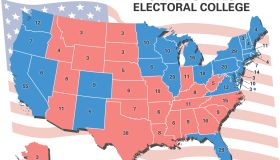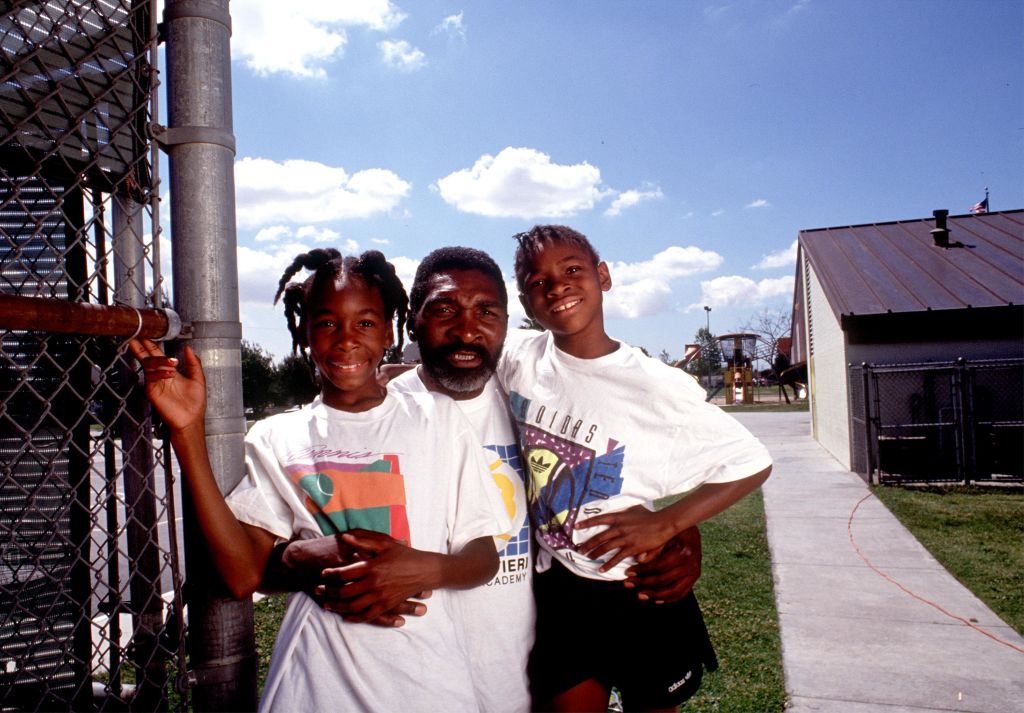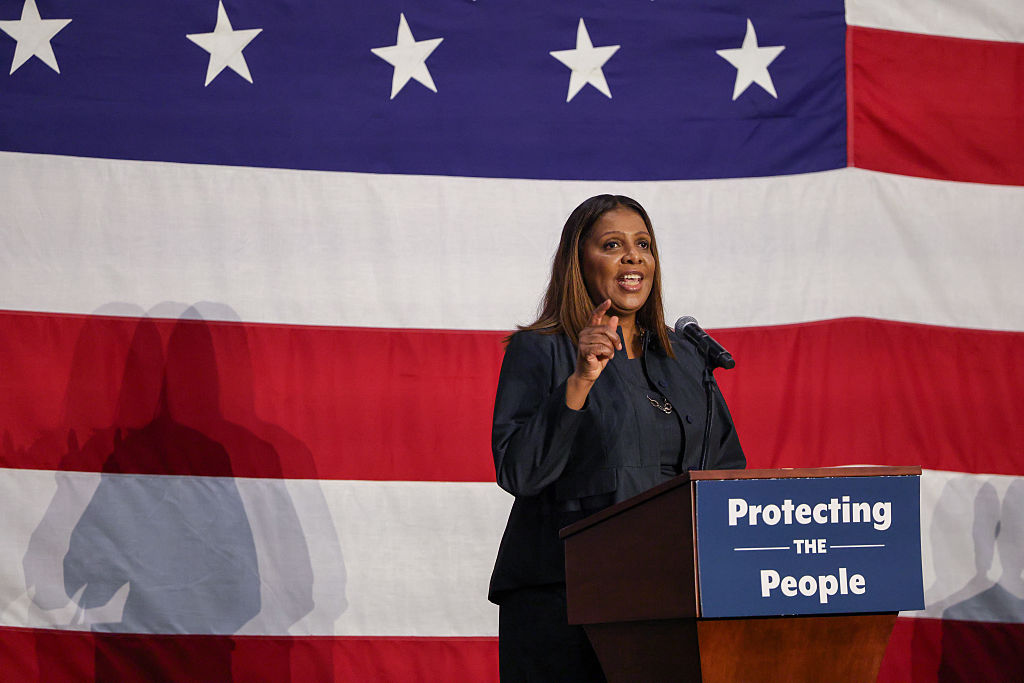Timeline Of Giving: Black Philanthropists’ History Of Education Donations
A Timeline Of Giving: Black Philanthropists’ Long History Of Donations In Education
UPDATED: 9:30 a.m. ET, Nov. 28, 2023
Originally published Feb. 4, 2020
Considering all the barriers that have been put into place over time to prevent Black people from attaining an education, it was no wonder why such a philanthropic effort has been made to donate money to assist with schooling. Statistics show that Black folks are among the most giving people in the country, and have been for a long time despite disproportionate economic disadvantages.
A joint W.K. Kellogg Foundation and Rockefeller Philanthropy study, released in 2012, revealed that African Americans donate a larger share of their income to charities than any other group in the nation.
“We have been givers since the beginning of time,” Tracey Webb, founder of Washington D.C-based Black Benefactors, previously told NewsOne. “From our communities in Africa to the Underground Railroad and the Civil Rights Movement, Black collective giving is something that’s inherent in us.”
Black folks give at a high rate even though their family median household income was around $20,000 less than all other families in America, according to the Brookings Institution. The gap between Black and white median income has persisted over the past 50 years.
That is especially true in the context of education, as shown by HBCU Hampton University, which in September offered to pay tuition for students enrolled at the University of the Bahamas who were affected by Hurricane Dorian. That generous effort came on the heels of billionaire Robert F. Smith vowing to pay off all of the student loan debt for the entire 2019 graduating class of Morehouse College.
Smith donated $50 million to Cornell University, his alma mater, in part to support African American and female students at Cornell University’s College of Engineering.
One year earlier, Beyonce and her husband Jay-Z donated more than $1 million in scholarships to students who lived in cities they were touring in 2018.
That followed rapper Nicki Minaj providing 37 scholarships to students and basketball star LeBron James vowing to pay for 2,300 students to attend the University of Akron.
After the police killings of George Floyd and Breonna Taylor in 2020, Black philanthropy was thrust into the spotlight, as Black people demanded change in many aspects of American society, including in boardrooms as well as in classrooms.
“A strong heritage of black philanthropy dates back to mutual aid societies of the 1700s and 1800s in which free blacks sought to help fellow blacks facing hardships or distress and, in later years, in need of education and job training,” wrote Mako Fitts Ward, a clinical assistant professor of African and African American Studies & Women and Gender Studies in the School of Social Transformation at Arizona State University.
In addition, Ward wrote, “African Americans across the socioeconomic spectrum report donating 17% to education – both K-12 and post-secondary institutions and scholarship funds. That adds up to about $1.8 billion donated annually.”
Not to mention the heroic role that the United Negro College Fund supplies to students who need that financial aid to attend institutions of higher learning, thanks in no small part to the giving that many Black folks do.
SEE ALSO:
21 Black Organizations That Can Use Your Support
Contrary To Popular Belief, Black Folks Have Been Philanthropists ‘Since The Beginning Of Time’



















